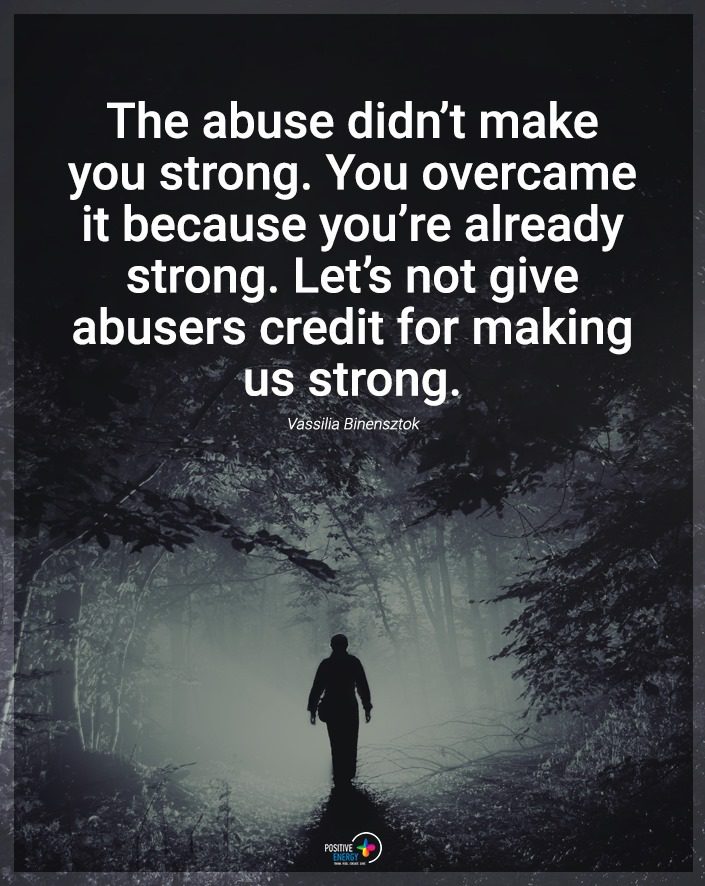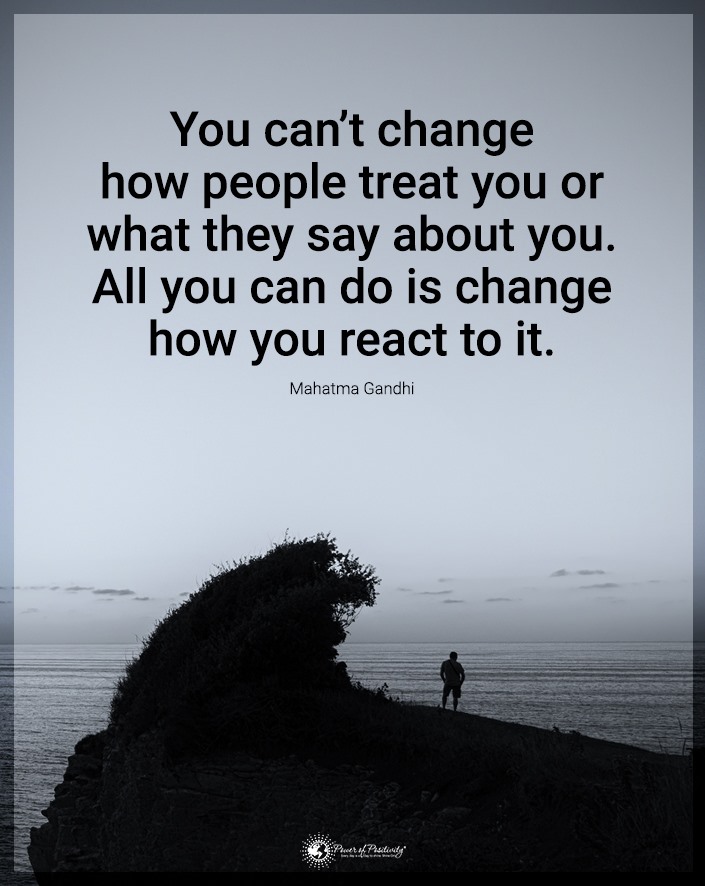Parental trauma is a painful echo from your past that can affect your mental health for a lifetime. It affects every personal and professional relationship you have in many diverse ways. How can you overcome the trauma and begin the healing process?
Meet Elaine, a woman in her early forties, happily married, and a mother of three. She and her husband run a successful home business. They also care for the kids and all the chores for daily living. Most days, Elaine stays focused on her work and responsibilities as a wife and mother. However, she was diagnosed with anxiety and depression that often overwhelms her. She attributes much of her mental health issues to parental trauma from childhood.
While Elaine has many wonderful childhood memories, they are overshadowed by her father’s verbal and physical abuse. He went through cycles of being the good, fun-loving dad to a raging monster. She remembers hiding in a closet while her father screamed and threatened her helpless mother.
It took years of therapy for Elaine to realize that the terrible abuse she kept hidden manifested as headaches, panic, and mental health issues. Even when she hears screaming and abuse on television dramas, it triggers her anxiety.
Although it happened over thirty years ago, the parental trauma is fresh in her mind. Her father is now in his seventies, and she sometimes tries to discuss the abuse. But he denies any wrongdoing. She tries to have a relationship with him, but the issues remain without a healing conversation.
Three Primary Types of Parental Abuse

It’s a common misconception that child abuse is only beating or sexually assaulting a child. Other forms of abuse can be just as painful and long-lasting.
1. Verbal abuse
Verbal abuse includes screaming, threatening, cursing, and calling the child cruel and terrible names.
2. Emotional abuse
When a parent or other adult demeans a child and tries to compare them to others, it’s emotional abuse.
3. Neglect
Child abuse includes not only crimes of commission but also includes those of omission. Neglecting the needs of a child for food, shelter, clothing, schooling, medical care, love, and acceptance is abuse.
Ten Ways to Release Parental Trauma and Start Healing Your Soul
If you’re a survivor of childhood abuse, you’re not alone. According to statistics from The National Association of Adult Survivors of Child Abuse, this form of maltreatment isn’t exclusive. It occurs across all cultural and ethnic lines, within all religions, and at every socioeconomic and educational level.
If past childhood trauma continues to affect your adult life, there’s hope. You don’t have to be the scared little one hiding in a closet anymore. Here are ten ways to learn how to deal with the past and live a brighter future.
1. Acknowledge the Parental Trauma
The first step toward healing from parental trauma is to acknowledge it and the pain it’s caused. Frequently, people try to cope by pretending it didn’t happen. Maybe your memories are too hurtful or make you feel embarrassed, so you bury them in your mind.
It’s difficult to admit that the adults who were supposed to be your loving parents hurt you. You probably still love them and may feel guilty or disloyal by acknowledging their faults. However, your mental health depends on confronting the painful truth.
2. Realize the Parental Trauma Wasn’t Your Fault
An article published by the School of Osteopathic Medicine discusses the feelings of shame from childhood maltreatment, like parental trauma. Many times, the perpetrator shifts the blame to the child. The abuse makes you want to hide and feel guilty and ashamed.
First, realize that you were a child, and the trauma wasn’t your fault. If one or both of your parents tried to blame you, that was part of the abuse. Visualize your hurting inner child, hug them, and tell them they were never to blame.
3. Focus on the Positive So You Can Start Healing
Focusing on positivity can be helpful when you’re learning to put parental trauma behind you. Being an optimist doesn’t mean you deny the past. It means that you’ve acknowledged the trauma and are using positive energy to go forward.
When you send positive affirmations into the Universe, it attracts the same. Instead of being the victim, you proclaim that you are a survivor. You are strong, and you’ll accomplish the goals you’ve set for your life.
4. Practice Meditation
The benefits of meditation are many, including boosting your mental health. It’s been practiced for thousands of years to help people learn how to live in the present. Unlike rumination, meditation casts no judgment and doesn’t cling to negative assumptions.
If you’ve experienced parental trauma, consider practicing this ancient art. You can gain greater awareness and clarity as you focus on your breath. You can confront your negative experiences and emotions with compassion and release them.
5. Learn to Recognize Emotional Triggers
The pain from parental trauma leaves a marked trail of emotional triggers. Although the events may have occurred decades ago, certain stimuli can make them seem like they are happening now. Your emotional health becomes fragile because you are hypersensitive to anything that triggers negative memories.
For example, maybe one or both of your parents were verbally abusive. They raged and belittled you if you left a minor thing undone while cleaning. As an adult, seeing anything untidy sends your anxiety into high gear.
Once you recognize your emotional triggers, you can try to minimize them. Plus, you may understand their root causes and gradually lessen your reaction. Emotional triggers are a common symptom of post-traumatic stress syndrome or PTSD.

6. Seek Refuge in Nature
The great outdoors can be a healing salve when you’re tempted to worry about past hurts. Try to spend some time each day outside to breathe fresh air and take in the beauty of nature. If you don’t have any forests close, visit a city park or any green space of grass, trees, flowers, and wildlife.
Regardless of what happens, the sun still rises, and the moon and stars shine at night. The birds still sing, and the bees and butterflies kiss each flower they touch. The storms of your past don’t have to shadow the sunshine of your present.
7. Start a Healing Journal
Have you ever noticed that it’s easier to put something down on paper than to say it? No wonder people have been writing in journals for centuries. It gives a voice to what your heart and soul are feeling.
Dealing with past parental trauma can leave countless things unsaid. You can record anything you like in your journal; thankfully, these writings are for your eyes only. Some write letters to their parents in journals about how the abuse has affected them.
8. Get Help with Substance Abuse (It Often Comes From Past Parental Trauma)
Mental health issues and substance abuse often go together. Anxiety and depression can build up until your mind desperately seeks release. Substance abuse like drugs, alcohol, tobacco, and overeating are temporary fixes, but they create their problems.
Consider talking to a mental health professional if your addiction is linked to past childhood abuse. Many programs are geared toward recovery and learning to cope with the core issues. Even if your addiction is shopping, gambling, or gaming, you can get the help you need.
9. Follow a Healthy Diet
Let’s face it, when you’re ruminating about the past and feel stressed, you probably don’t reach for kale. Instead, you reach for classic comfort foods laden with sugar, salt, and fat. Childhood trauma can affect your eating habits throughout your life.
According to an article published by The University of Southern California, children subjected to abuse are more at risk of developing adult obesity. Food becomes their coping mechanism and makes them feel safe and happy. Unfortunately, overeating can continue into adulthood and lead to severe health conditions.
Instead, adopt a healthy diet with lean proteins, low-fat dairy, vegetables, fruit, whole grains, and heart-healthy fats. Try to avoid overly processed junk food. Discuss an eating plan that’s right for you with a registered dietician.
10. Create an Exercise Regimen
Do you often want to hit something when you feel angry and stressed? Positively redirect this energy by exercising. Switching a punching bag or running laps can lower your stress, get your body in better shape, and promote emotional healing.
Even taking a walk around the block each day can strengthen your muscles, joints, and bones. Mindful exercises like yoga and tai chi include gentle poses and stretches that are beneficial. Plus, exercising can increase endorphins in your brain and give you a feeling of well-being.

Final Thoughts on Learning How to Release Parental Trauma
Unfortunately, childhood isn’t always the beautiful fairytales it should be in your life. If you’re an adult survivor of child abuse, you’ve already proven that you’re a strong person.
You have the power to overcome the victim mindset and stop the cycle of abuse for you, your children, and your grandchildren. Your mental health needs you to release these issues and move on to focusing on the present.
The post 10 Ways to Release Parental Trauma appeared first on Power of Positivity: Positive Thinking & Attitude.






